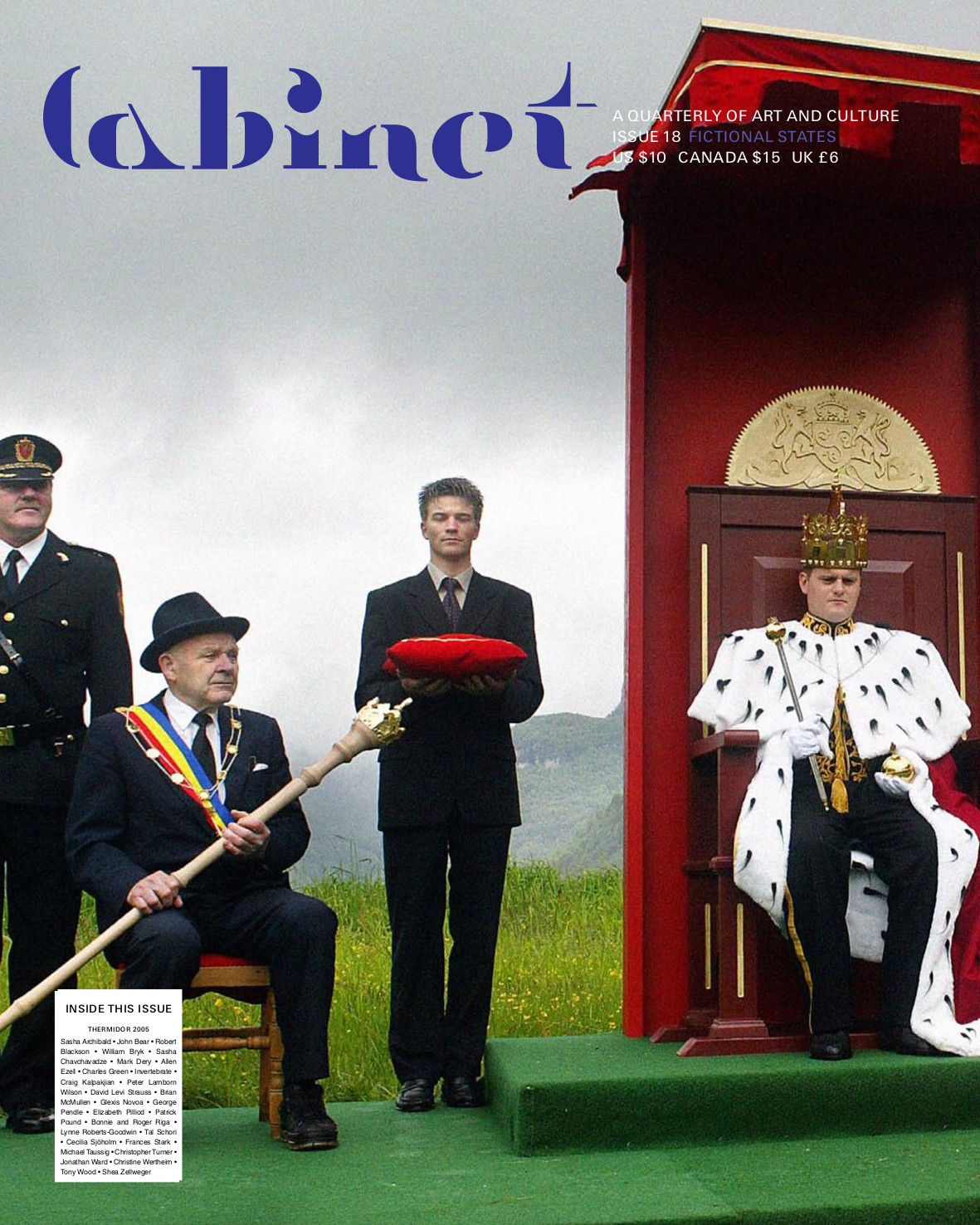Bruno Latour: Pandora’s Hope. Essays on the Reality of Science Studies (1999)
Filed under book | Tags: · knowledge, knowledge production, science, social science, technology

A scientist friend asked Bruno Latour point-blank: “Do you believe in reality?” Taken aback by this strange query, Latour offers his meticulous response in Pandora’s Hope. It is a remarkable argument for understanding the reality of science in practical terms.
In this book Latour, identified by Richard Rorty as the new “bête noire of the science worshipers,” gives us his most philosophically informed book since Science in Action. Through case studies of scientists in the Amazon analyzing soil and in Pasteur’s lab studying the fermentation of lactic acid, he shows us the myriad steps by which events in the material world are transformed into items of scientific knowledge. Through many examples in the world of technology, we see how the material and human worlds come together and are reciprocally transformed in this process.
Why, Latour asks, did the idea of an independent reality, free of human interaction, emerge in the first place? His answer to this question, harking back to the debates between Might and Right narrated by Plato, points to the real stakes in the so-called science wars: the perplexed submission of ordinary people before the warring forces of claimants to the ultimate truth.
Publisher: Harvard University Press, June 1999
ISBN: 067465336X, 9780674653368
336 pages
More info (publisher)
More info (google books)
PDF (updated on 2012-7-17)
Comment (0)Bruno Latour: We Have Never Been Modern (1991–) [EN, PT, RU, ES, CN]
Filed under book | Tags: · anthropology, modernity, nature, philosophy, politics, science, social science, technology

With the rise of science, we moderns believe, the world changed irrevocably, separating us forever from our primitive, premodern ancestors. But if we were to let go of this fond conviction, Bruno Latour asks, what would the world look like? His book, an anthropology of science, shows us how much of modernity is actually a matter of faith.
What does it mean to be modern? What difference does the scientific method make? The difference, Latour explains, is in our careful distinctions between nature and society, between human and thing, distinctions that our benighted ancestors, in their world of alchemy, astrology, and phrenology, never made. But alongside this purifying practice that defines modernity, there exists another seemingly contrary one: the construction of systems that mix politics, science, technology, and nature. The ozone debate is such a hybrid, in Latour’s analysis, as are global warming, deforestation, even the idea of black holes. As these hybrids proliferate, the prospect of keeping nature and culture in their separate mental chambers becomes overwhelming–and rather than try, Latour suggests, we should rethink our distinctions, rethink the definition and constitution of modernity itself. His book offers a new explanation of science that finally recognizes the connections between nature and culture–and so, between our culture and others, past and present.
Nothing short of a reworking of our mental landscape. We Have Never Been Modern blurs the boundaries among science, the humanities, and the social sciences to enhance understanding on all sides. A summation of the work of one of the most influential and provocative interpreters of science, it aims at saving what is good and valuable in modernity and replacing the rest with a broader, fairer, and finer sense of possibility.
Originally published as Nous n’avons jamais été modernes. Essai d’anthropologie symétrique, La Découverte, 1991
Translated by Catherine Porter
Publisher Harvard University Press, 1993
ISBN 0674948386, 9780674948389
157 pages
wikipedia
publisher
google books
We Have Never Been Modern (English, trans. Catherine Porter, 1993, updated on 2012-7-17)
Jamais fomos modernos. Ensaio de antropologia simétrica (Portuguese, trans. Carlos Irineu da Costa, 1994, added on 2013-9-13)
Нового Времени не было. Эссе по симметричной антропологии (Russian, trans. Д. Я. Калугина, 2006, added on 2013-9-13)
Nunca fuimos modernos. Ensayo de antropología simétrica (Spanish, trans. Víctor Goldstein, 2007, added on 2013-9-13)
我们从未现代过. 对称性人类学论集 (Chinese, trans. 刘鹏 and 安涅思, 2011, added on 2013-9-13)
See also Latour’s Inquiry into Modes of Existence: An Anthropology of the Moderns (2012/2013)
Comment (0)Cabinet (2000–)
Filed under magazine | Tags: · animal, art, chance, culture, design, dust, electricity, evil, friendship, history, language, literature, magic, mapping, nature, property, science, underground, weather


“Cabinet is a quarterly, Brooklyn, New York-based, non-profit art & culture periodical launched in 2000. Cabinet also operates an event and exhibition space in Brooklyn.
Cabinet is an award-winning quarterly magazine of art and culture that confounds expectations of what is typically meant by the words “art,” “culture,” and sometimes even “magazine.” Like the 17th-century cabinet of curiosities to which its name alludes, Cabinet is as interested in the margins of culture as its center. Presenting wide-ranging, multi-disciplinary content in each issue through the varied formats of regular columns, essays, interviews, and special artist projects, Cabinet‘s hybrid sensibility merges the popular appeal of an arts periodical, the visually engaging style of a design magazine, and the in-depth exploration of a scholarly journal. Playful and serious, exuberant and committed, Cabinet‘s omnivorous appetite for understanding the world makes each of its issues a valuable sourcebook of ideas for a wide range of readers, from artists and designers to scientists and historians. In an age of increasing specialization, Cabinet looks to previous models of the well-rounded thinker to forge a new type of magazine for the intellectually curious reader of the future.”
Cabinet is a non-profit organization. Consider supporting it by subscribing to the magazine, buying a limited edition artwork, or making a tax-deductible donation.
HTML (sold-out issues as HTML articles; click on the covers; updated on 2013-10-10; the download links were removed)
Comments (6)
